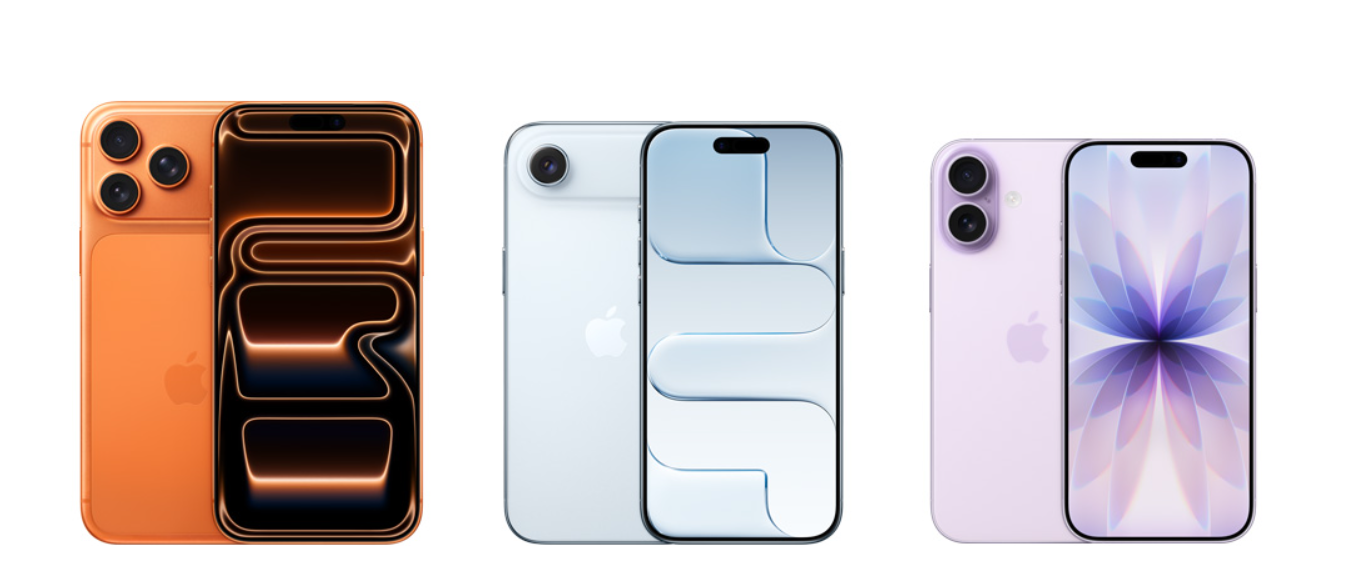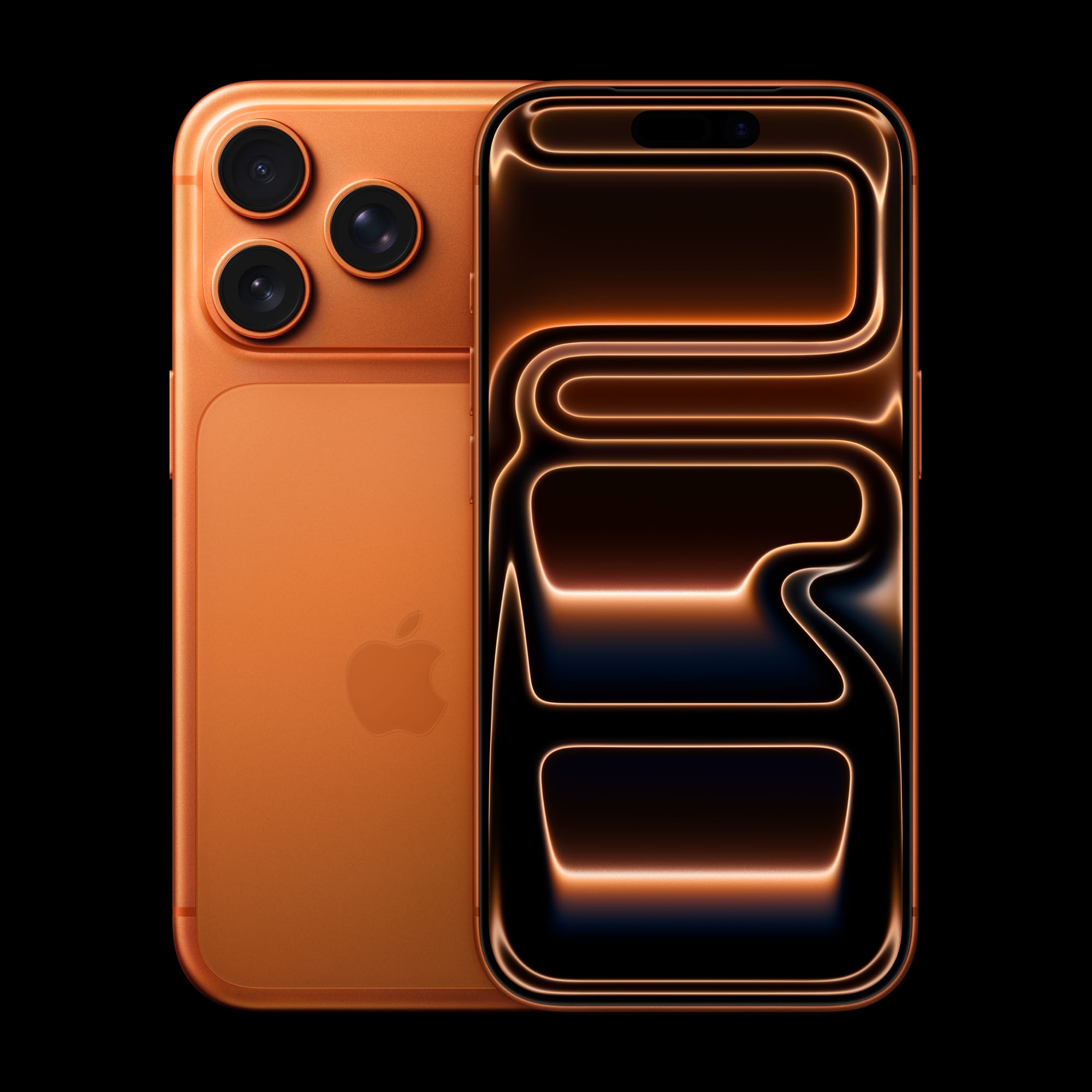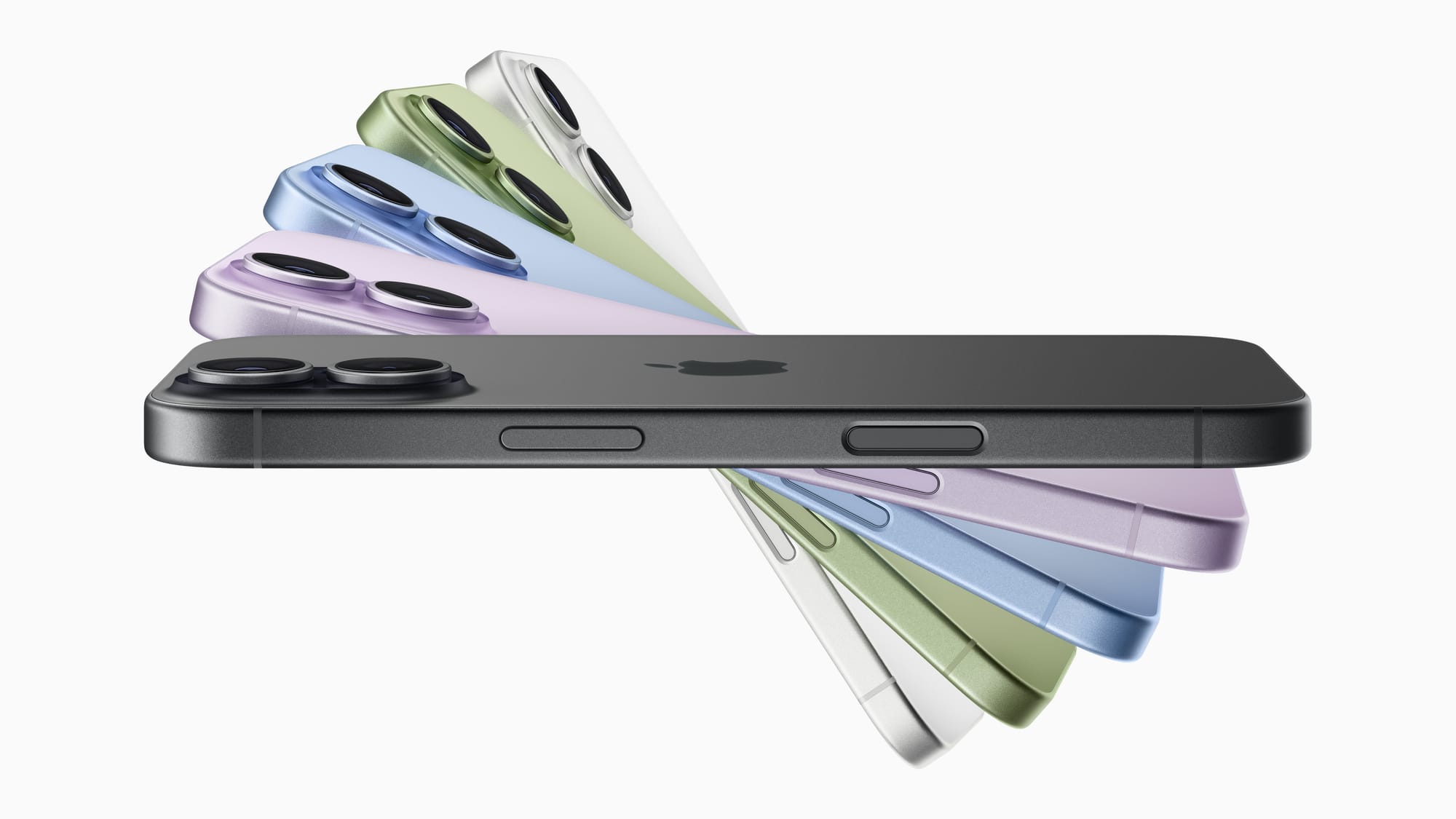iPhone 17 Models: How to Pick the Perfect One

Apple’s new iPhone 17 lineup is here, and this year, things are a little different. While the standard iPhone 17 is a solid choice, there's also a new, super-light iPhone Air and the powerful iPhone 17 Pro models with a fresh design.
Wondering which one is for you? This guide breaks down the key features of each to help you decide.
First, Do You Even Need to Upgrade?
That's always the question, right? If your current iPhone works fine and is only a few years old, you probably don’t need a new one. Modern iPhones are built to last. You can often get more life out of your phone by simply replacing the battery. Don't feel pressured to upgrade just because there’s a new model out.
But if you’re ready for a new phone, here’s what you need to know about the new lineup.
What’s the Same Across All Models?

All the new iPhones share some great features:
- Display: Every model has a bright, high-quality OLED screen. For the first time, all of them have a 120Hz refresh rate, which makes scrolling and animations look incredibly smooth. This also allows for an always-on display, so you can see the time and notifications without tapping your phone.
- Durability: The front glass on all models is a new Ceramic Shield 2 that is three times more scratch-resistant.
- Cameras: The front-facing (selfie) camera is the same on all models. It's a new 18-megapixel sensor that can smartly zoom out to fit everyone in a group selfie.
- Basic Specs: All new iPhones are waterproof (IP68), have Face ID, a customizable Action Button, and use a USB-C port for charging and data. They all start with a generous 256GB of storage and support the latest wireless tech like Wi-Fi 7.
Which One is for You?

Each model has unique features and trade-offs. Therefore, this will be your choice.
iPhone 17
- Who it’s for: Most people. It’s a great all-around phone.
- What you get: A slightly larger screen than last year's model, the smooth 120Hz display, and a new 48-megapixel ultrawide camera that matches the quality of the Pro models. It uses the standard A19 chip, which is fast enough for everything you'll do day-to-day.
- The trade-off: It has a less powerful main camera than the Pro models and a slightly less durable back glass.
iPhone Air
- Who it’s for: People who want the thinnest, lightest iPhone ever.
- What you get: An incredibly slim design, made from strong titanium, and a unique 6.5-inch screen. It uses a slightly better A19 Pro chip than the standard iPhone 17.
- The trade-off: To make it so thin, Apple had to make some compromises. It has a single main camera with no telephoto or ultrawide lens, a slower charging speed, and the battery life is the lowest of the new models.
iPhone 17 Pro and Pro Max
- Who they’re for: People who want the absolute best performance and camera features.
- What you get: A more powerful A19 Pro chip with better cooling for gaming and heavy use. A new design with a durable aluminum body. The camera system is a huge upgrade, with 48-megapixel sensors for all three lenses (main, ultrawide, and telephoto), which allows for better zoom and pro-level video features. The Pro Max model also has the largest screen and the best battery life.
- The trade-off: They are heavier and more expensive.
How to Buy a New iPhone 17
You have a few options for buying your new iPhone, each one with pros and cons.
Option 1: Buy from Apple
The simplest (and best way) to buy an iPhone is directly from Apple.
When you buy your phone from Apple, it comes "unlocked," which means you can use it with any carrier you want. This is a huge benefit if you ever want to switch carriers or use a different SIM card while traveling.
You can pay for the phone all at once or spread the cost over 24 months with a 0% interest loan if you have an Apple Card.
iPhone 17 Pricing
Here are the starting prices for each model:
- iPhone 17: $829
- iPhone Air: $999
- iPhone 17 Pro: $1,099
- iPhone 17 Pro Max: $1,199
Freebies: Don't forget to take advantage of the free three-month trials for Apple News+, Apple Fitness+, Apple TV+, and Apple Music. Just set a reminder to cancel them if you don't want to be charged later.
Option 2: Buy from a Carrier (Be Careful)
Carriers like T-Mobile, Verizon, and AT&T offer big discounts (up to $1,100 off) if you trade in an old phone. This seems like a great deal, but there's a catch:
- Locked-in Contracts: These discounts are usually given as monthly bill credits over 2 or 3 years. This means you are locked into a contract with that carrier for the entire time. If you leave early, you lose the rest of your discount and have to pay for the phone in full.
- Best Buy: Best Buy also sells carrier-locked phones with similar deals.
The simple takeaway: If you plan on sticking with your carrier for a long time and don't mind a contract, a carrier deal can save you money. However, if you want the freedom to switch carriers whenever you want, buy your phone unlocked from Apple.
Final thoughts
That pretty much sums things up. The new iPhone is definitely a great pickup, especially if you're looking to upgrade. If you just need a new iPhone for everyday use, the iPhone 17 is the smart choice. If you value a thin, light design above all else and don't care about a high-end camera, the iPhone Air is perfect for you. If you're one your phone a lot and want the best camera, performance, and battery life, go with the iPhone 17 Pro or Pro Max.
For the latest mobile news, comparisons, guides and opinions, visit https://www.shopcellplans.com or click down below to be redirected.
